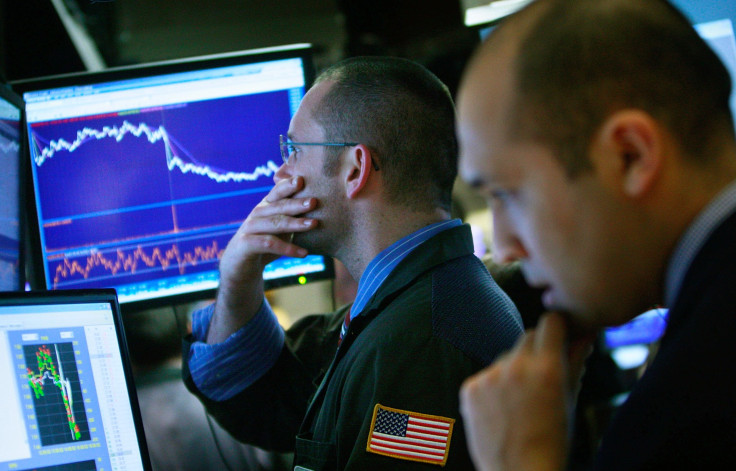Lower Open Likely For US Markets: Oil Up, Gold Down

Lower open likely for the U.S markets Friday after important stock index futures were looking down on Friday morning.
President Donald Trump’s announcement to slap an additional 10 percent tariff on Chinese imports worth $300 billion shook the Wall Street and it closed lower on Thursday.
On Friday morning, the Dow Jones futures were down 58 points and showed a negative open of 60 points. S&P 500 and Nasdaq 100 futures also pointed to a lower open.
“Any escalation in Sino-U.S. trade tensions will likely trap the Federal Reserve on a dovish slope - reigniting market-implied rate cut pricing,” OCBC analysts said in a note.
China said the world’s largest economy should drop illusions, shoulder responsibility and get into the right track on resolving the trade war.
On the data front, investors will see the latest non-farm payrolls at 8:30 a.m. ET. Data on average hourly wages and unemployment rate figures for July will also follow.
Chevron, Exxon Mobil, and Arconic are some of the major companies reporting the latest quarterly earnings before the opening bell.
Oil price up
Oil price jumped 2 percent on Friday, after recovering from the steep fall in years after Trump vowed to impose more tariffs on Chinese imports. Brent crude slumped more than 7 percent on Thursday.
Brent crude rose $1.50 or 2.5 percent to $62 a barrel by 0845 GMT on Friday, while WTI futures gained $1.07, or 2 percent to $55.02 a barrel.
Trump said on Thursday he would impose a 10 percent tariff on $300 billion of Chinese imports and raise tariffs further if China’s President Xi Jinping fails to act quickly to strike a trade deal.
“Crude consolidated a hefty rebound in early trading today, however volatility will likely remain high as the market gets a feel for potential Chinese retaliatory measures in the coming days”, commented consultancy JBC Energy.
Asian, European markets down
Asia stocks dropped on Friday after the new China tariff by president Trump.
The unexpected move pulled down mainland Chinese stocks. The Shanghai Composite fell 1.41 percent. Hong Kong’s Hang Seng index declined 2.35 percent.
South Korea’s Kospi declined 0.95 percent while Japan’s Nikkei 225 fell 2.11percent.
Japan’s removed South Korea from its “white list” of countries that enjoy special trade privileges.
Japan had placed export curbs on important high-tech materials to South Korea used by its tech companies to make memory chips and display panels. Japan cited national security concerns behind the move.
Indian shares reversed the slump and closed higher on Friday after the government to withdraw the tax surcharge on foreign portfolio investors.
The Prime Minister’s Office held talks over the submissions by FPIs on the issue, ET Now reported.
India proposed to hike taxes on those with annual incomes exceeding 20 million rupees ($287,387) in its July budget that rattled many FPIs who took out $1.8 billion from Indian equities in July.
European stocks fell Friday after Trump’s new tariffs on the remaining $300 billion of Chinese imports. The pan-European Stoxx 600 crashed 2 percent by mid-morning.
Gold slips
Gold prices fell nearly 1 percent on Friday as investors booked profit following U.S. President Trump’s fresh China tariffs that pushed up demand for the safe-haven metal in the previous session.
Spot gold fell 0.5 percent at $1,438.16 per ounce as of 0735 GMT while the U.S. gold futures jumped 1 percent to $1,446.80 an ounce.
However, the outlook on gold stays positive. According to Kunal Shah, head of research at Nirmal Bang Commodities in Mumbai, India, escalation in the trade war between the U.S. and China caused a spike in gold futures. We believe that prices might even go higher from current levels.”
On Thursday gold jumped 2 percent after Trump's additional 10 percent tariff on $300 billion worth of Chinese imports starting September.
© Copyright IBTimes 2024. All rights reserved.





















